

THCa (tetrahydrocannabinolic acid) is a non-psychoactive compound found in the cannabis plant. When heated, THCa is converted into Delta-9 THC (tetrahydrocannabinol). This is the primary psychoactive compound responsible for the “high” associated with cannabis consumption.
Understanding the conversion process from THCa to THC is crucial for cannabis users. It helps to optimize the potency and effects of their cannabis products.
The conversion of THCa to THC occurs through a process called decarboxylation. Decarboxylation is the removal of a carboxyl group (COOH) from a molecule, typically through heat, which results in a loss of carbon dioxide (CO2) and a change in the chemical structure of the molecule. In the case of THCa, decarboxylation results in the formation of Delta-9 tetrahydrocannabinol.
Want to learn how to get the best deals on wholesale THCa hemp flower in 2023? If yes, click here.
How to Turn THCA into THC
There are several ways to decarboxylate THCa, including heat exposure, aging, and chemical conversion. Heat exposure is the most common method and is often used in the production of cannabis edibles, tinctures, and concentrates.
To decarboxylate THCA through heat exposure, cannabis is typically baked, vaporized, or smoked. When cannabis is heated to a temperature above 220°F (104°C), the carboxyl group on the THCa molecule is removed, and THC is formed. The rate of decarboxylation depends on the temperature and duration of heating, as well as the moisture content of the cannabis material.
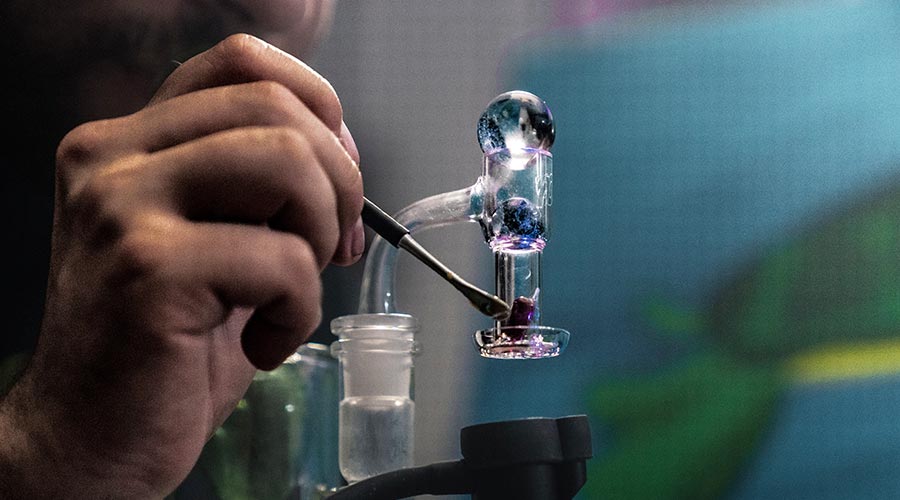
Aging is another method of decarboxylating THCA to THC. Over time, THCA will slowly convert to THC through exposure to light, heat, and air. This process is most commonly observed in cured cannabis flower. The THCA content decreases over time, while the THC content increases.
Finally, chemical conversion can also be used to convert THCA to Delta-9. This method typically involves the use of solvents, catalysts, or other chemical agents. This removes the carboxyl group from the THCA molecule. However, chemical conversion is not commonly used in the production of cannabis products for consumer use due to safety concerns and regulatory restrictions.
It is important to note that not all cannabis products contain THC. Products made from raw cannabis or cannabis extracts that have not been decarboxylated will contain predominantly THCA and little to no Delts-9. These products may still have therapeutic benefits, but they will not produce the psychoactive effects typically associated with cannabis consumption.
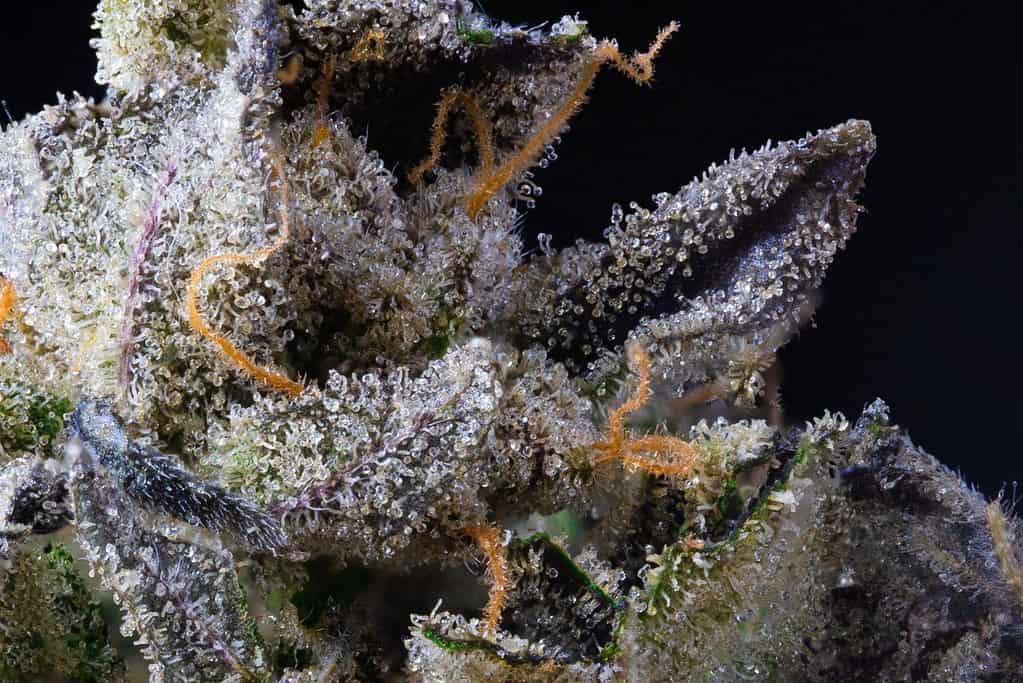
Conclusion:
In summary, the conversion of THCA to THC occurs through a process called decarboxylation, which can be achieved through heat exposure, aging, or chemical conversion. Heat exposure is the most common method and is often used in the production of cannabis edibles, tinctures, and concentrates. Understanding the conversion process is important for cannabis users, as it helps to optimize the potency and effects of their cannabis products.
Alan Rachmann
Leave a Comment
About El Jay's
We take pride in offering organically-grown THCa flower that is lab-tested to ensure the highest quality and purity. Our dedication to using sustainable and natural growing practices ensures that our flower is free of harmful pesticides and chemicals. Click here to view all our product offerings.
Recent Posts
Shop Now
-
- Sale!
Wholesale THCa Hemp Live Resin Badder – Choose Your Strains
- $950.00 – $3,250.00Price range: $950.00 through $3,250.00
- Rated 5.00 out of 5
- Select options This product has multiple variants. The options may be chosen on the product page
-
El Jay’s THCa Hemp Diamonds
- $25.99 – $67.99Price range: $25.99 through $67.99
- Rated 4.80 out of 5
- Select options This product has multiple variants. The options may be chosen on the product page
Contact Us
Sign up for our Newsletter
By submitting this form, you agree to receive emails from us.

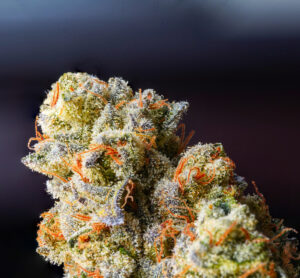
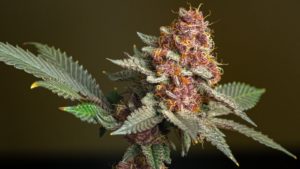
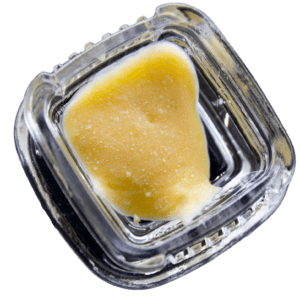


This Post Has One Comment
Now I see why so many people are loving THCa! It turns to THC when you heat it up enough 🙂